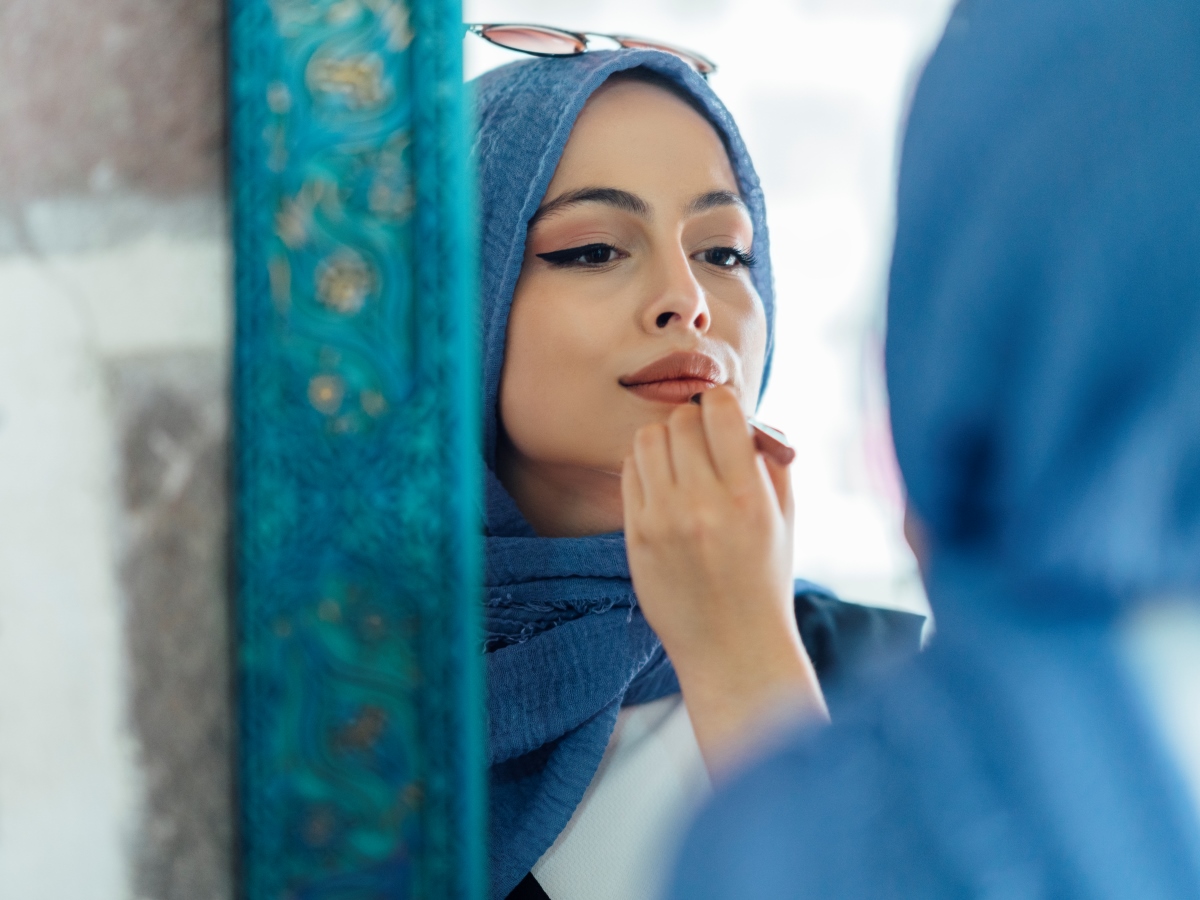Prime Minister Anthony Albanese‘s recent trip to Indonesia highlighted the growing economic importance of Australia’s nearest neighbour to the north.
But beauty companies and investors have been eyeing the fast-growing Indonesian beauty and personal care market for some time. Last year, for example, Sociolla, Indonesia’s premier luxury shopping destination, received a US$56.4 million investment from L Catterton, the world’s largest consumer-focused private equity firm.
Leading multinationals such as Shiseido have also been active over the past five years as Indonesia’s beauty and personal care market surged to US$7.46 billion in 2021.
Indonesia has the largest Muslim population in the world and together with India and Malaysia is the major driver of the global halal beauty market, says The Insight Partners, a leading researcher and market intelligence provider.
According to the company’s latest report, the worldwide halal beauty market is on track to reach US$79.8 billion by 2028 – up from US$36.68 billion in 2021.
The skincare segment accounts for the largest market share. Professional advice has a lot of currency in Southeast Asia, adds The Insight Partners. Specialty stores are the dominant distribution channel for beauty and personal care, followed by supermarkets, hypermarkets and online retail.
For beauty products to be certified as halal they must not contain any ingredients derived from animals. A requirement that opens the door for imported vegan and 100 per cent plant-based beauty brands. Muslim consumers are also increasingly looking for more sustainable and eco-friendly beauty products in line with world trends.
The APAC region is already the largest market for halal cosmetics and will remain the fastest-growing over the forecast period, adds The Insight Partners. The Middle East and Africa represent the second largest regional market.
But entering the Indonesian market in particular needs planning and insight. In 2019, the country introduced the halal product law which governs cosmetics, foods and non-food products. All overseas beauty products distributed or sold in Indonesia must be halal-certified in Indonesia or by an accredited foreign certification association.
Austrade has been studying the Indonesian beauty market for some time and offers invaluable advice and insights into how to enter the lucrative APAC markets – go to www.austrade.gov.au.
Read the current issue of our digital magazine below:
- For more news and updates, subscribe to our weekly newsletter
- Follow us on Instagram
- Like us on Facebook
- Connect with us on LinkedIn
- Subscribe to our print magazine

